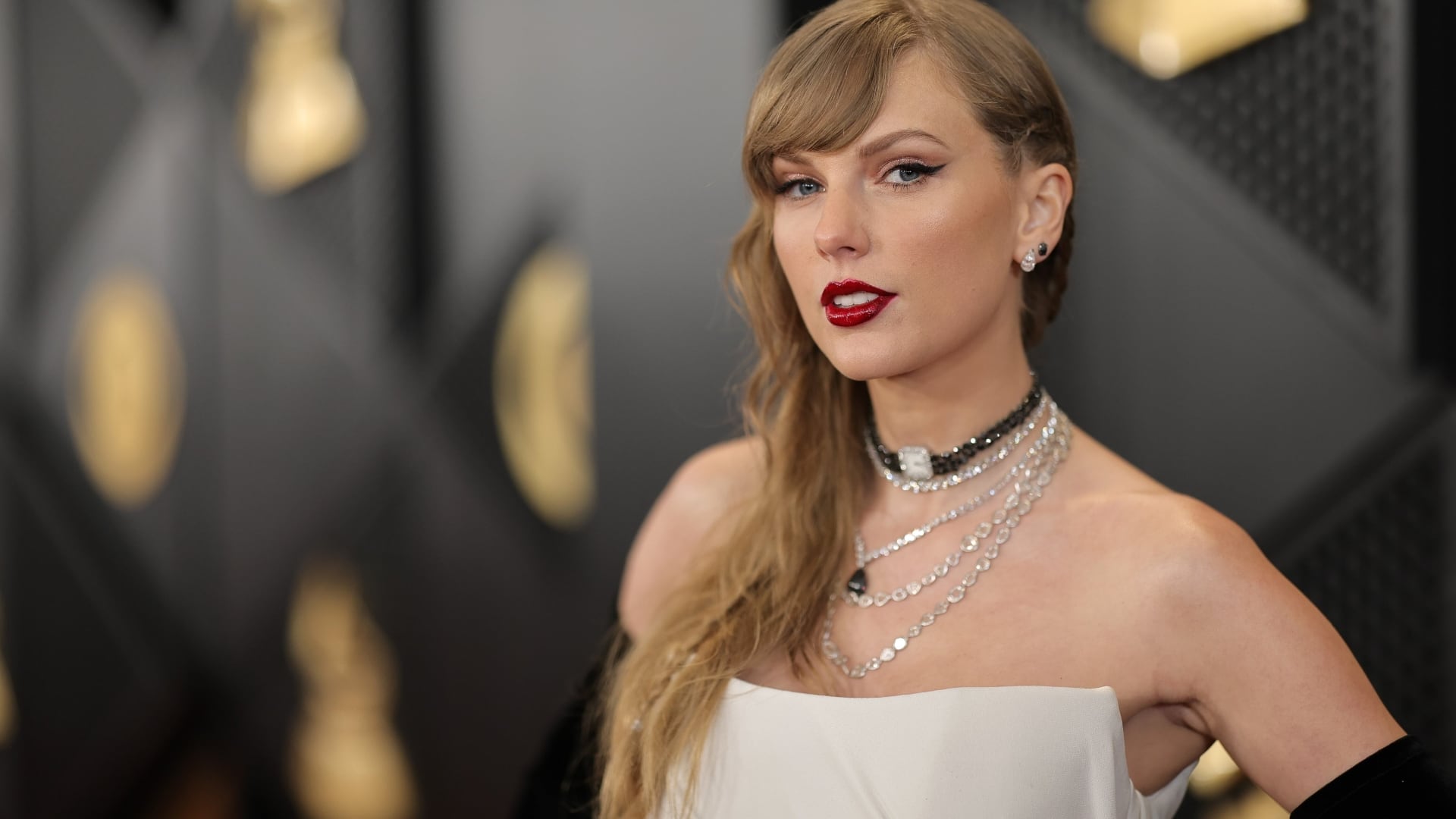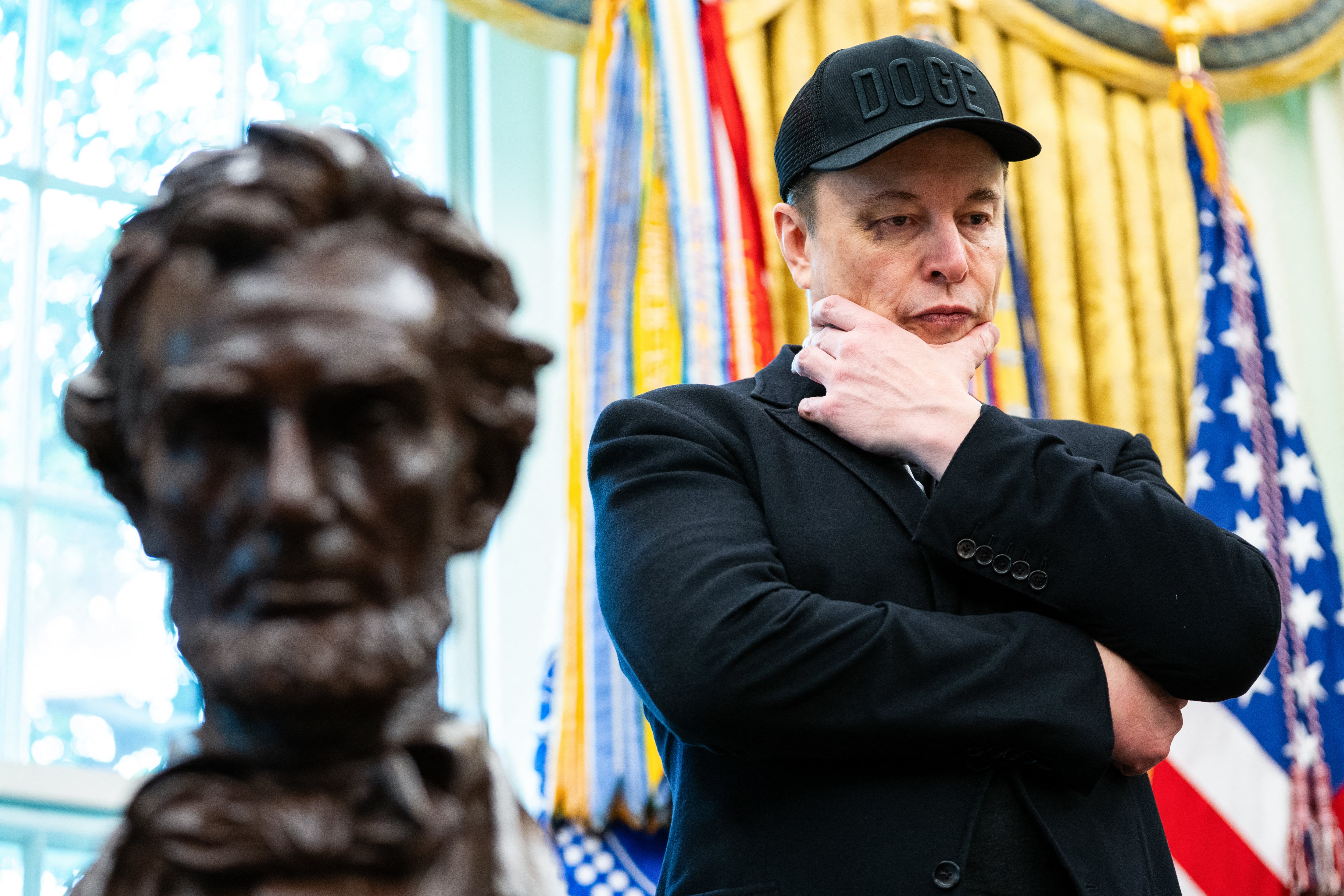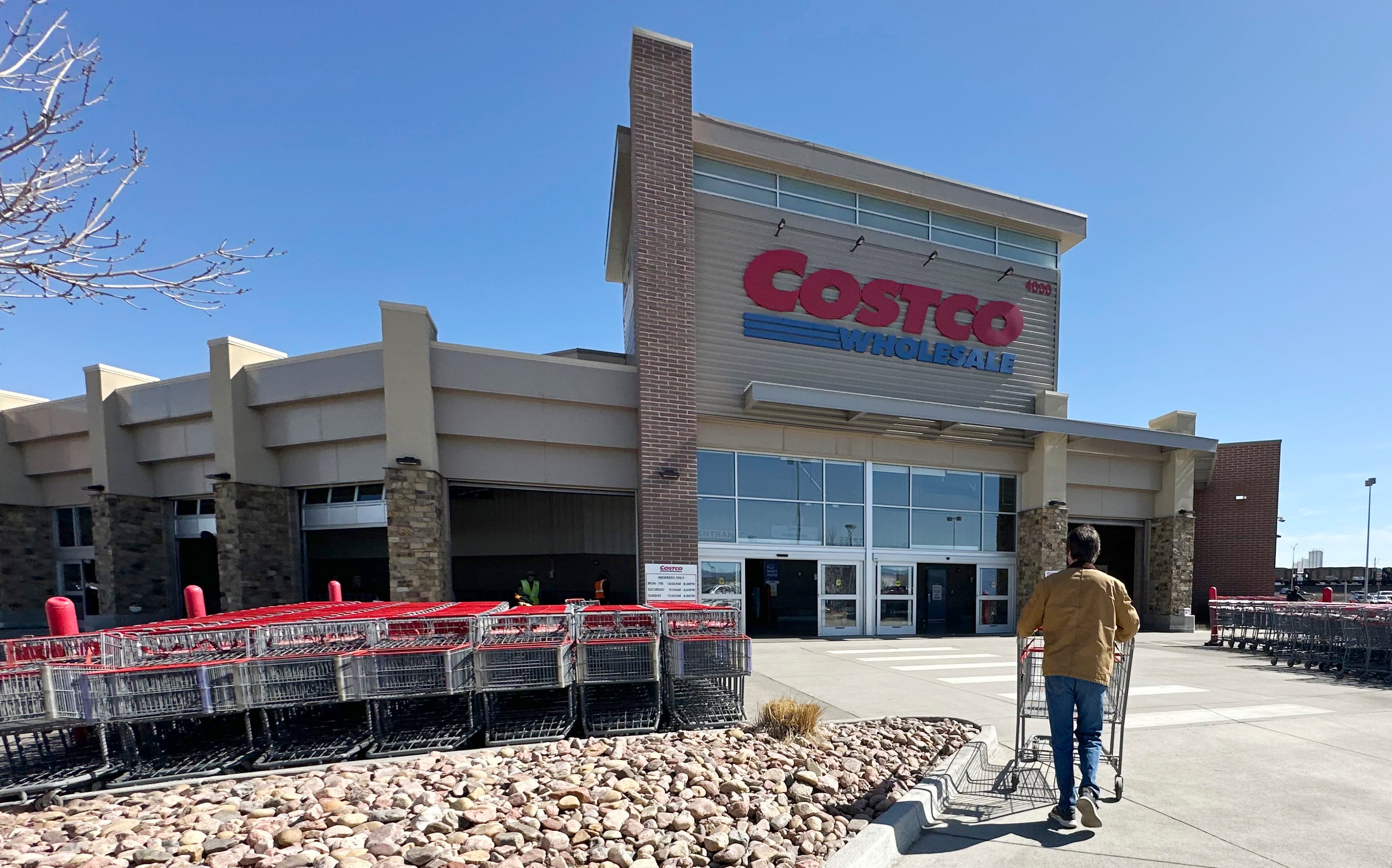President Donald Trump said Thursday that the U.S. and China are working to secure a new location for a signing ceremony of a partial trade deal. Trump added that he and Chinese President Xi Jinping will participate and that the site will be announced soon.
The two leaders were set to ink the so-called "phase one" trade agreement at the Asia-Pacific Economic Cooperation (APEC) summit in Chile next month. The summit, however, was canceled Wednesday due to civil unrest in Santiago, Chile's capital. Both China and the U.S. have since sought to quell lingering doubt and reassure skeptics that a deal is coming.
China's Ministry of Commerce said Thursday that negotiators "have maintained close contact and are making smooth progress," state media reported.
Earlier this month, Trump announced that negotiators had agreed upon a "phase one" deal, which included pacts on agricultural purchases, monetary policy, and intellectual property. Trump added Thursday that the partial agreement made up roughly 60 percent of a total deal.
Yet doubt was cast on the momentum Thursday after Bloomberg reported that Beijing remains wary of signing even a limited deal with the Trump administration. Citing anonymous sources, the report said that top officials have warned China "won't budge on the thorniest issues."
On Wednesday, however, China's Foreign Ministry said that trade talks will continue at a "fast pace" despite the canceled APEC.
"It is China's hope that the two sides can find a way to resolve the economic and trade issues on the basis of mutual respect, equality, and mutual benefit," said Foreign Ministry Spokesperson Geng Shuang.
China's Ministry of Commerce also said Thursday that the chief trade negotiators from the U.S. and China will speak by phone on Friday. The Office of the U.S. Trade Representative did not immediately respond to a request for confirmation.













